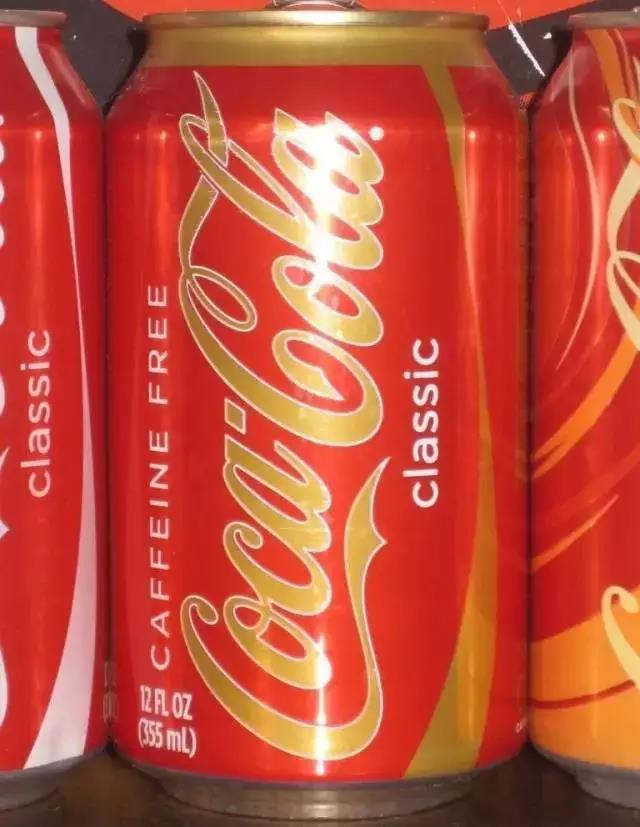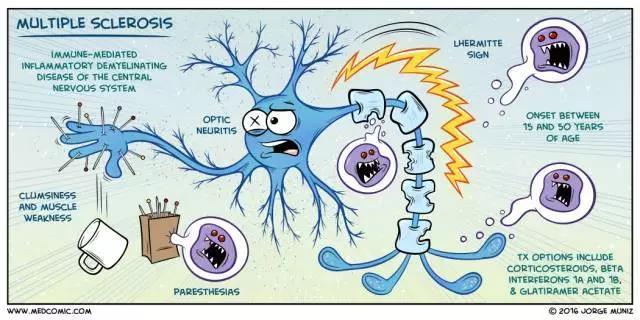On June 20th, 2017, the magazine "Cell Discovery", a subsidiary of the International Academic Authoritative Publications Natural Publishing Group, published a group of Professor Yin Zhinan of the Institute of Biomedical Transformation of Jinan University entitled "Long-term consumption of caffeine-free high sucrose cola". In the research paper of beverages aggravates the pathogenesis of EAE in mice, this study reveals the long-term intake of caffeine-free high-sugar cola beverages to promote autoimmune diseases in mice. Dr. Cao Guangchao, Wang Qian and postgraduate Huang Yijun are the first authors of the Biomedical Transformation Research Institute. Associate Professor Yang Hengwen and Professor Yin Zhinan are the authors of the communication.

Caffeine-free high sugar cola (6 times more expensive than regular coke)
According to epidemiological data, the incidence of various autoimmune diseases has increased year by year in the past few decades, and this phenomenon mainly occurs in Western or Westernized countries. Recent studies have shown that various ingredients in the Western diet, such as high sugar, high fat, emulsifiers, organic solvents, can cause changes in the intestinal flora and related metabolites, and destroy the intestinal tract. The tightly connected structure further aggravates the occurrence of autoimmune diseases. Carbonated beverages, especially the cola-type beverages therein, contain a variety of food additives, which are the main ways for the body to consume industrial sugar, but their effects on autoimmune diseases have rarely been studied.

Immune system attacks human neurons can cause multiple sclerosis
The research team systematically studied the effects of various cola-type beverages on autoimmune diseases using a model of experimental autoimmune meningitis (EAE, simulated multiple sclerosis MS) in mice. The results showed that long-term high intake of caffeine-free high-sugar cola beverages would cause significant changes in the body's flora structure and significantly up-regulate the level of ATP in the intestinal lumen. These changes led to a significant increase in the level of inflammatory Th17 cells expressing interleukin-17 (IL-17), which ultimately aggravated the experimental autoimmune encephalomyelitis EAE (multiple sclerosis MS) disease in mice. When the high-sugar cola drink in the experimental mice contains a large amount of caffeine, caffeine can inhibit the infiltration of inflammatory cells into the central nervous system. Therefore, although the caffeine-containing high-sugar cola beverage still causes changes in the flora and up-regulates ATP and peripheral-induced inflammatory Th17 cell levels, the occurrence of EAE disease does not change significantly. Only long-term intake of caffeine-free high-sugar cola drinks will aggravate mouse EAE disease.
Research helps to make people aware of the relationship between diet structure and autoimmune diseases, and helps people adjust their diet and develop good eating habits.

This study has three highlights:
1. It is found that long-term consumption of caffeine-free high-sugar cola beverages will aggravate mouse EAE disease. The discovery is important for providing a direct evidence of model animal testing for the association between cola-type beverages and autoimmune diseases, suggesting that people should adopt healthier and more reasonable eating habits to reduce the risk of autoimmune diseases.
2. It was found that the high sugar cola beverage can significantly change the structural composition of the mouse intestinal flora. The study showed that the various high-sugar cola beverages studied had significant changes in the structure of the mouse intestinal flora and up-regulated the level of ATP in the intestinal lumen. Moreover, changes in the structure of these flora are detrimental - when these bacteria are transferred to recipient mice that have cleared their own flora, they will aggravate the occurrence of EAE disease in recipient mice.
3. The caffeine ingredient in cola can inhibit the occurrence of EAE disease. Inflammatory cells need to cross the blood-brain barrier into the central nervous system to exert a destructive effect on neuromyelin cells, and caffeine has an inhibitory effect on this process. Therefore, only mice that drink caffeine-free high-sugar cola drinks will have an increased incidence of EAE disease.
1.Thorburn AN, Macia L & Mackay CR (2014) Diet, metabolites, and "western-lifestyle" inflammatory diseases. Immunity 40, 833-842.
2. Singh RP, Hasan S, Sharma S, et al. (2014) Th17 cells in inflammation and autoimmunity. Autoimmun Rev. 13, 1174-1181.
3. Kamada N, Seo SU, Chen GY, et al. (2013) Role of the gut microbiota in immunity and inflammatory disease. Nat Rev Immunol. 13, 321-335.
4. Hu Y, Costenbader KH, Gao X, et al. (2014) Sugar-sweetened soda consumption and risk of developing rheumatoid arthritis in women. The American journal of clinical nutrition 100, 959-967.
5. Atarashi K, Nishimura J, Shima T, et al. (2008) ATP drives lamina propria T(H)17 cell differentiation. Nature 455, 808-812.
6. Tsutsui S, Schnermann J, Noorbakhsh F, et al. (2004) A1 adenosine receptor upregulation and activation attenuates neuroinflammation and demyelination in a model of multiple sclerosis. The Journal of neuroscience 24, 1521-1529.
7. Mills JH, Thompson LF, Mueller C, et al. (2008) CD73 is required for efficient entry of lymphocytes into the central nervous system during experimental autoimmune encephalomyelitis. PNAS 105, 9325-9330.
8. Long-term consumption of caffeine-free high sucrose cola beverages aggravates the pathogenesis of EAE in mice DOI:10.1038/celldisc.2017.20
(Source: Biological Help 2017-06-22)
double chaise lounge,Chaise Lounges,leather lounge chaise
Guangzhou LoPhiDa Co.Ltd , https://www.guangdongwidinlsa.com